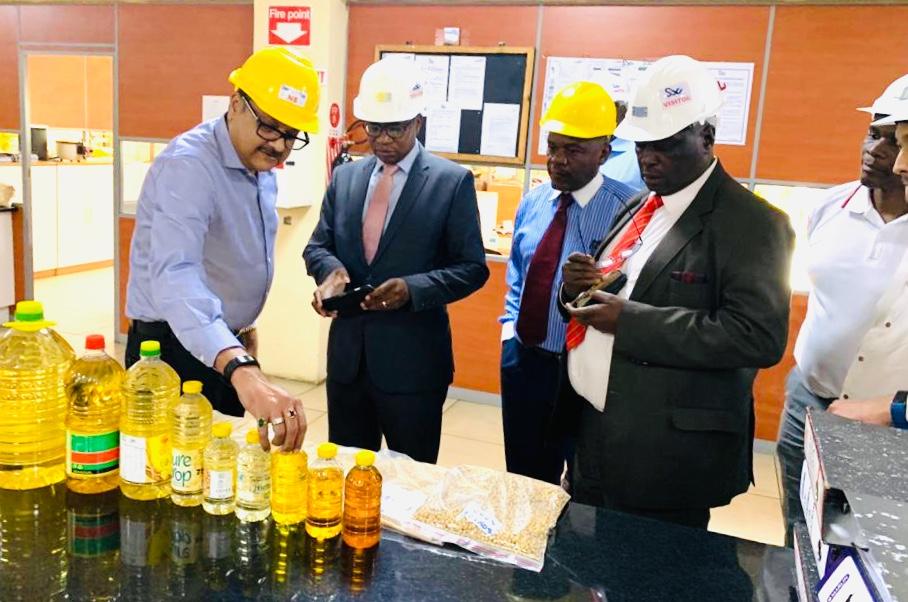Olivine to fund tomato, margarine plants
Olivine, a local unit of Wilmar International, has resorted to using own resources to fund the construction of tomato source and margarine plants after delays in the release of US$8,5 million loan it secured from the Africa Development Bank last year.
Wilmar, listed on the Singapore Stock Exchange, owns a 65 percent controlling equity in Olivine through its local subsidiary, Surface Wilmar Investments, which also owns 95 percent of the cooking oil producer in Chitungwiza.
The AfDB board approved the corporate loan to Olivine last year to support its food production expansion.
But a combination of global Covid-19 pandemic and outstanding debts owed to foreign supplies by local companies has delayed the disbursement of the funds.
In July 2019, after the introduction of the interbank rate and conversion of bank balances to Zimbabwean dollars, the Reserve Bank assumed the legacy foreign debts of some corporates.
The funds related to external obligations that could not be remitted between January 2016 and February 2019 due to foreign currency shortages. The debt was assumed on condition that the corporates would surrender their Zimdollar balances at 1:1.
This occurred about five months after the interbank market, which started with an opening exchange rate of 1:2.5 on February 22, 2019, had been introduced. As a result, the debts were assumed at a lower rate than what was prevailing at the time.
Surface chief executive Mr Slyvester Mangani told Business Weekly the building, which will house the production lines has been completed while some of the equipment has arrived.
“We had to move on with the project and a decision might be taken to reduce the overall amount (borrowed from the AfDB),” said Mangani in an interview this week.
He added the company was likely to receive some of the equipment during the next few months, putting the target of completing the production lines in the Q1 of 2022.
Olivine is looking to increase its domestic and regional production capacity and food supply. The project could potentially support between 200 and 300 local farmers through Olivine’s corporate farming model to be developed in the near future, the company said.
In 2007, the Government took over H.J. Heinz Co’s 49 percent stake in Olivine through The Cotton Company of Zimbabwe in a US$6,8 million deal facilitated by the Industrial Development Corporation of Zimbabwe.
Then, relations between Olivine and the Government had strained on allegations that the firm had stopped producing cooking oil after being barred by the U.S government from buying produce from black farmers who had taken over land previously owned by white farmers.
Prior to the deal, the Government owned 49 percent in Olivine, in a partnership forged in 1982 and in terms of which the US food company had a contract to manage the business.
In 2013, AICO, Cottco’s parent company, then listed on the Zimbabwe Stock Exchange embarked on an unbundling exercise, which involved the disposal of Seed Co, another listed entity where it held 49 percent and Olivine, to raise money to pay off debts.
Olivine was a loss making enterprise at a time it was taken over by Wilmar International. Since then, there has been a lot of redevelopment of business model, started with refabrication of its margarine plant and installation of a new toiletry and laundry bar lines.-ebusinessweekly.cl.zw









